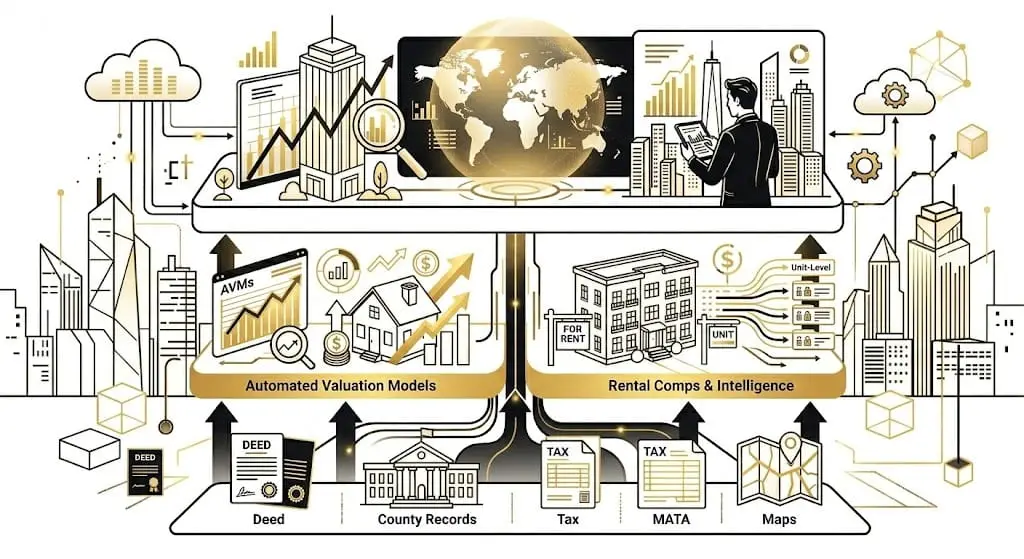In the fast-paced, data-driven world of real estate, the integrity and legality of data is paramount. The practices of web scraping and crawling, while often used interchangeably, raise significant concerns. Before delving into the main issues associated with these methods, it’s crucial to clarify the distinction between them. Despite some organizations using”crawling” as a seemingly less invasive term, both scraping and crawling involve extracting data from websites without permission, leading to a host of challenges.
Crawling vs. Scraping: Clarifying the Distinction
At its core, the difference between crawling and scraping is nuanced, primarily in terms of scope and intent. Crawling refers to the automated browsing of the web by bots to index website content, which can be a precursor to scraping—the direct extraction of data from websites for use in databases, analyses, or resale. Regardless of the terminology, both practices face similar legal, ethical, and technical challenges. This distinction is critical as we explore the issues inherent in relying on such methods for real estate data collection.
The Unreliability of Scraped Data
One of the most glaring issues with scraped or crawled data is its unreliability. Websites undergo frequent updates and redesigns, requiring constant adjustments to scraping algorithms. This becomes an insurmountable challenge when dealing with the vastness of the internet, leading to inaccuracies and low-quality information that can misguide crucial decisions.
Critical Evaluation of Source Data
In the rental industry, discerning legitimate listings from outdated or fraudulent ones is vital. Scraping indiscriminately collects data without evaluating its validity, failing to distinguish between genuine listings and irrelevant or misleading information. This lack of criticalassessment undermines the foundation of decisions made based on such data.
Legal Risks
The legal implications of scraping are significant. Manywebsites’ terms of service explicitly prohibit the commercial use of their datathrough scraping, exposing users to legal action from multiple entities. The Constant legal risk for unauthorized data use is a ticking time bomb for businesses relying on scraped data.
Data Freshness Concerns
Scraping’s technical demands and the computational strain it places on both the scraper and the websites lead to infrequent updates. This Results in data that is often out-of-date by the time it’s processed and made available, diminishing its value for real estate professionals who need timely and accurate information.
The Imperative for Ethical Data Practices
The challenges of relying on scraped or crawled data—ranging from legal risks and data quality issues to ethical concerns—underscore the need for the real estate industry to adhere to transparent and lawful data collection methods. As the sector continues to evolve, prioritizing data integrity, legality, and ethical practices is not just prudent; it’s essential for building trust, ensuring compliance, and fostering sustainable growth.
This exploration into the distinction between scraping and crawling, followed by an analysis of the associated risks, highlights the imperative for real estate professionals to seek out reliable, legally obtained data sources. The future of real estate depends on the industry’s commitment to upholding these standards. DwellsyIQ is committed to increasing the standards of real estate data by only providing the highest quality data. Learn how DwellsyIQ can help you accomplish your data related needs here.
?



